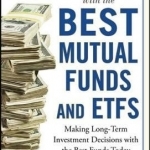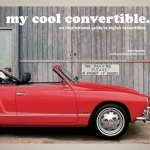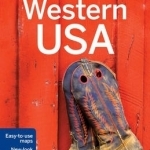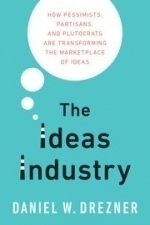
VirtualBrowser for Firefox with Flash-browser, Java Player and Add-ons - iPhone Edition
Business and Utilities
App
Desktop Firefox Browser with Flash Player, Java, Extensions and Add-Ons; running in a cloud-hosted...
MaryAnn (14 KP) rated A Promise Forged (Ohio Brides #3) in Books
Mar 5, 2019
My Thoughts: Every girl has a dream, and this time it's Kat's turn to have hers come true! A chance to play professional baseball. Cara Putman has weaved history and fiction in an entertaining storyline; s based the all women's league that was formed during the second world war.
Kat is the youngest member on the team and as I read the book, I wanted to take her under my wing and protect her from her jealous teammates. Kat had to suffer being away from her family, the jealousy of some of her teammates, traveling, grueling schedules and falling in love for the first time.
This was a very entertaining novel. I truly enjoyed it and it was a pleasure to read. One of the things I enjoyed about the book, was that Kat wanted to make a difference. She wanted to be a light for the Lord where ever she went. Her actions actually made Jack turn back to the Lord.
Even though I hadn't read the first two books, this was easy to follow on its own. I would love to read more from Cara Putman.

Grow Your Investments with the Best Mutual Funds and ETF's: Making Long-Term Investment Decisions with the Best Funds Today
Book
Take control of your financial security today by managing those who manage your money Grow Your...

Bouts of Mania: Ali, Frazier and Foreman and an America on the Ropes
Book
' Bouts of Mania is gripping and intelligent, perhaps the best book about boxing since David...

My Cool Convertible: An Inspirational Guide to Stylish Convertibles
Book
This latest title in the highly successful 'my cool' vehicle series covers the world of open top...

Lonely Planet Western USA
Lonely Planet, Amy C. Balfour, Sandra Bao and Sara Benson
Book
Lonely Planet: The world's leading travel guide publisher Lonely Planet Western USA is your passport...

Moon Iceland
Book
Explore Your World Your Way with Moon travel guides! In Iceland, fire and ice meet at the top of the...

The 15:17 To Paris (2018)
Movie Watch
From Clint Eastwood comes “The 15:17 to Paris,” which tells the real-life story of three men...

The Ideas Industry: How Pessimists, Partisans, and Plutocrats are Transforming the Marketplace of Ideas
Book
The concept of the "public intellectual" has a rich and colorful history. It began in the early...
Her Voice Will be on the Side of Right: Gender and Power in Women's Antebellum Antislavery Fiction
Book
Decades before the Civil War, the free American public was gripped by increasingly acrimonious...
